What’s the difference between yoga vs meditation?
And maybe what’s even more interesting and helpful for you is how can they help you on your gut healing journey?
This week I began Week 4: Meditation via the Chopra Ayurvedic Health Certification Program through the Institute for Integrative Nutrition.
Since I shared many different mindful movement exercises a couple weeks ago where a yoga practice was included, I thought it might be helpful to break the meditation practice down today and compare them.
You see, I’m not a stranger to the benefits of daily meditation. I wrote about it embracing meditation way back in 2012.
The difference is that now, over a decade later, I find myself needing it far more than ever before – certainly more than back then.
And being that I have healed my gut, I can also see so clearly how it could help you, too.
Yoga vs Meditation
Click HERE to save this article on yoga vs meditation for later.
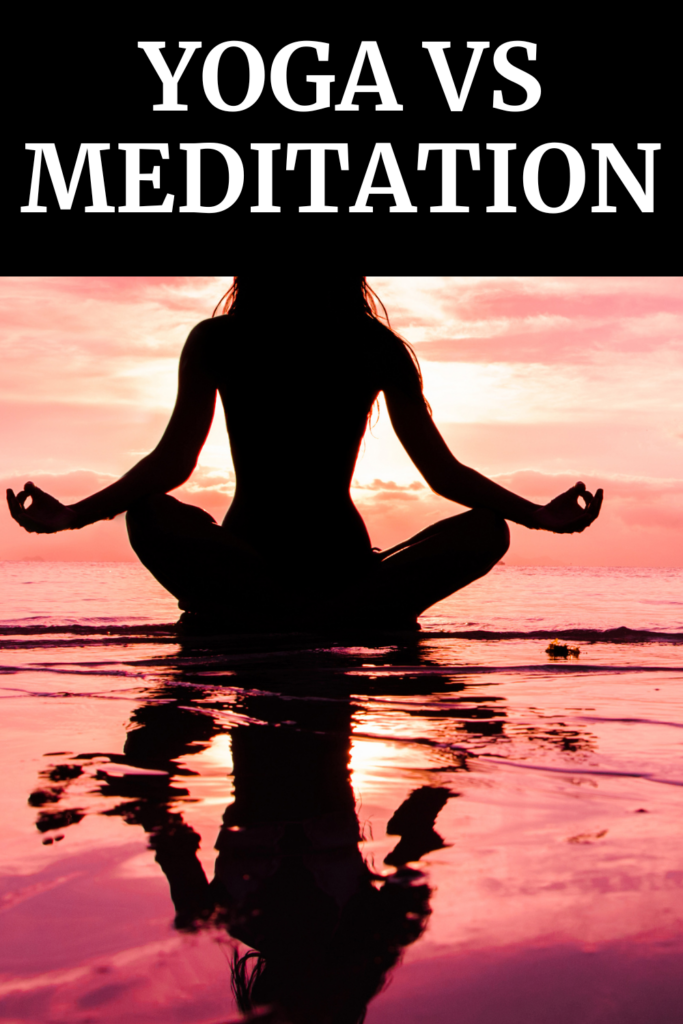
While yoga and meditation are often associated and even practiced together, they are distinct in their purposes, techniques, and benefits.
Here’s a concise comparison:
- Yoga:
Yoga is a physical movement, mental, and spiritual practice aimed at improving flexibility, strength, and overall physical health, while fostering inner balance. It involves physical poses (asanas), breath control (pranayama), and often includes meditative elements.- Goal: A holistic practice that integrates the body and mind for overall well-being.
- Meditation:
Meditation focuses on training the mind to achieve clarity, awareness, and a deep sense of calm. It’s typically a seated, still practice.- Goal: Mental clarity, emotional balance, and spiritual growth
Yoga focuses on different poses whereas meditation is a powerful tool for mental states of silence.
The main differences are that yoga tends to be more physical (connecting body and mind) whereas meditation focuses on mental clarity, stress reduction, or spiritual growth.
Don’t misunderstand this that they can’t go hand-in-hand, though. The elements of both the physical practice of yoga and breathing exercises through meditation are oftentimes intertwined.
This perfect combination of physical exercise meets mental health training can be priceless in positive effects when trying to heal your gut (or simply learning to live a healthier lifestyle).
Benefits of Yoga
According to the Chopra Ayurvedic Health Certification Program,
Yoga is a large body of practices ranging from moral, behavioral, and spiritual guidance to physical exercise and breathing techniques. The most familiar form is Hatha Yoga.
Here are 4 reasons for yoga:
- Yoga counters stress levels and anxiety. It is an effective way to improve mood through the regulation of neurotransmitters.
- Get to know yourself. While the mind wanders, yoga teaches us to be present and have a centered awareness. We are able to feel more in tune with our entire body and strengthen interoception – the communication between body and mind.
- Increase strength and energy. Yoga is a simple way to improve emergency levels, flexibility and balance. It focuses on both small and large muscle groups (you might not otherwise use) to help with strength and energy for daily life.
- Better digestion. Yoga modulates the enteric nervous system that independently regulates the digestive system.
Benefits of Meditation
And here are 4 benefits of a meditative practice:
- Releases stress, fatigue and toxins. Meditation reverses the fight-or-flight stress response (read more on the parasympathetic nervous system). It also helps improve sleep, as it promotes deep relaxation.
- Mental exercise: Promotes mindfulness, reduces stress, and increases emotional regulation. Detoxifies the mind and body.
- Cognitive: Improves focus, memory, and creativity.
- Holistic approach: Cultivates a deeper sense of self-awareness and peace. Helps us have increased feelings of meaning and purpose in our lives.
Remember, I have talked about yoga at length in mindful movement exercises so you can learn much more about that there.
But let’s focus more on mindfulness meditation today.
Meditation
A wandering mind is an unhappy mind. – Chopra Ayurvedic Health Certification Program
Now, I’m not sure about you, but my mind is racing a million miles per hour at any given moment of the day.
And when I was desperately trying to heal my gut, it was going even faster.
You might know what I’m talking about.
Do you remember when I wrote, The Emotional Side of Illness?
If you’ve never read it, I highly recommend you check it out today because it’s in this sweet spot where you might connect the dots for how meditation can help your overall health today.
But in that article, I mentioned that these were just some of my daily thoughts:
- What if I never get better?
- Am I on the correct antibiotics?
- Should I be eating more?
- How about perhaps eating less?
- Should I be practicing more meal-time spacing?
- Are my workouts too much?
- Do I need to stop working out altogether?
- I love running, so why does it hate me?
- Or is running my only escape from stress?
- Should I be doing more yoga?
- Is this bloat or fat?
- SIBO is the manifestation, but what is the root problem?
- How did I get here?
- How can I escape?
- My upper stomach is burning and starving and fermenting….please stop.
- How on Earth can my lower gut keep expanding when I haven’t done anything new?
- Will anything change if I don’t change?
- But what am I supposed to change anymore?
- I feel like I’ve already given up so much. What gives?!
- Have all these”rules” created this mess?
- Or I have I not been paying enough attention to the rules?
So with all of these thoughts constantly swirling through you mind, what if you could simply release them? And what if, when you did, you saw significant improvement?
That’s the goal.
Silence
One of my favorite parts of the Chopra Ayurvedic Health Certification Program this week was the idea that….
“Between every thought, there’s a space.”
That space is silent. And that space is filled with endless possibilities.
A meditative states reminds us that: We are not our thoughts.
And here’s the thing about silence: when you’re in silence, you don’t know you’re there.
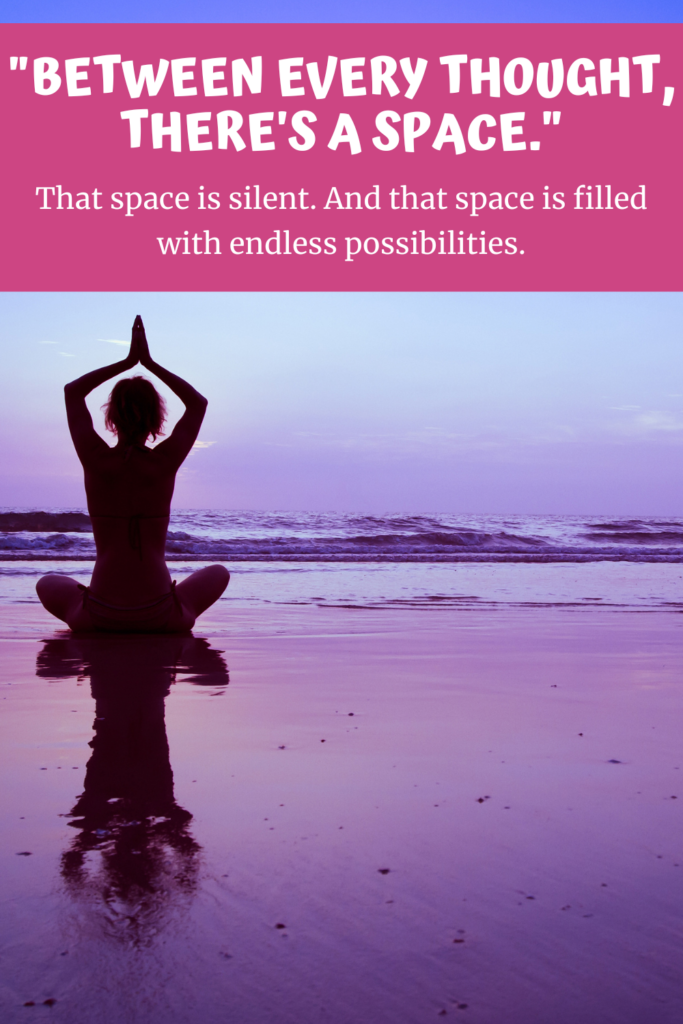
The Meditative State
One thing I’m constantly being reminded of is that there are many meditation techniques and that meditation does not have to fit into a box.
It simply enriches our lives, and it can be done anywhere at any time as it’s the process of going within.
At the deepest level, meditation reconnects you to your essential self. It’s not about forcing your mind to be quiet, but instead rediscovering the silence that’s already there. Beneath all activity is the essence of who you are. Meditation is a practice to reawaken to your true self. – Roger Gabriel via Chopra Ayurvedic Health Certification Program
What I find most interesting about this is something that I’m constantly talking about as it relates to healing your gut: the answers are already there, deep within us. We just have to listen to what the body is saying.
In other words, so often we are given a diagnosis of, say, “IBS.”
The doctors gives a simple handout of foods to eat and not eat. S/he tells us that xyz medication will work. So we go about our days, and instead of listening to the signals our body is giving (screaming?!) we just follow the handout and take the medication.
But WHAT IF we simply practiced a form of mediation (any form) and dug into the answers that are already there?
After all, if that same doctor is telling you, “It’s all in your head,” then maybe we can transform the comment in a great way to — I already have the answers.
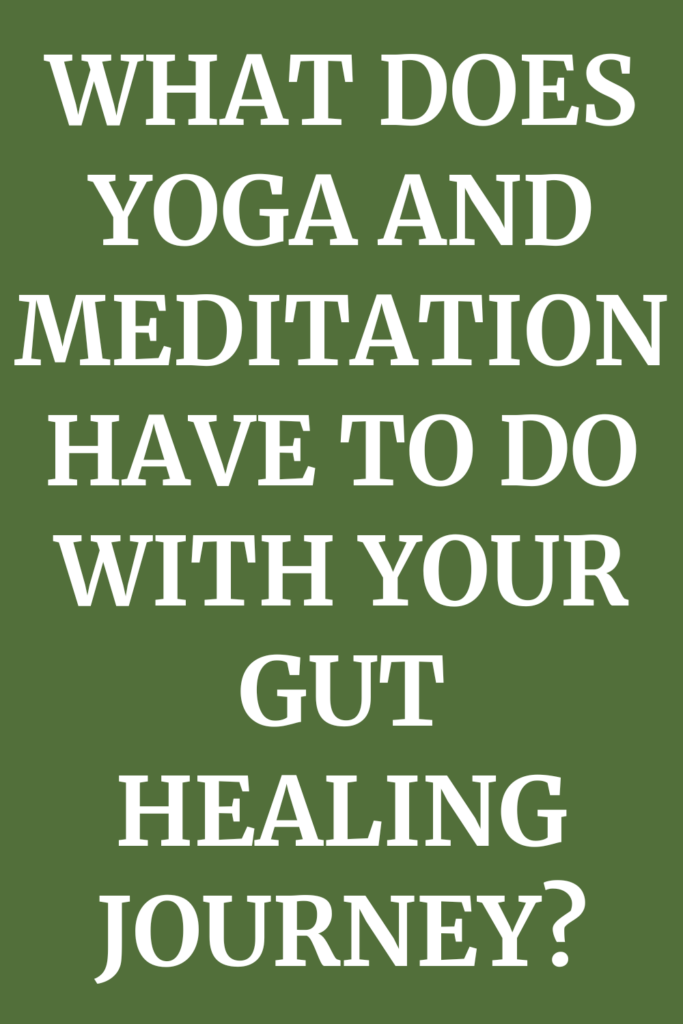
Meditation and Mantras
A mantra is an instrument of the mind—a sound or vibration with no particular meaning or association. And in Vedic tradition, mantras are used to access a deeper state of inner silence during meditation. – Chopra Ayurvedic Health Certification Program
The word Mantra derives from the sanskrit language where:
- Man = mind
- Tra = the root of the word instrument
And yet again, the word mantra as it relates to gut healing is not new here. In fact, I put together 31 gut healing mantras that you might want to grab now.
The purpose of a mantra is to use these words and phrases to guide you towards that space between the thoughts.
So, instead of running through those daily thoughts from above, one after the next, you’d repeat your mantra (i.e. I am healed; I no longer have SIBO.) so as to take that space.
Simplest Form of Meditation
Remember, meditation is simply about the present moment.
You can do it anywhere at any time.
- Begin by observing the breath.
- Silently, think your mantra.
- Repeat the mantra effortlessing, without focusing or thinking. (Yes, even when the mind starts to wander with all the other thoughts that will pop into your mind.)
The less you do, the greater the benefits in this simple practice.
Every experience during meditation is correct. There is no right or wrong.
Note: in the Chopra Ayurvedic Health Certification Program they even break down meditation for each of the doshas, including what meditation styles can help. For the record, mine were spot on! I know this because the full course offers a guided meditation, and it was incredible!
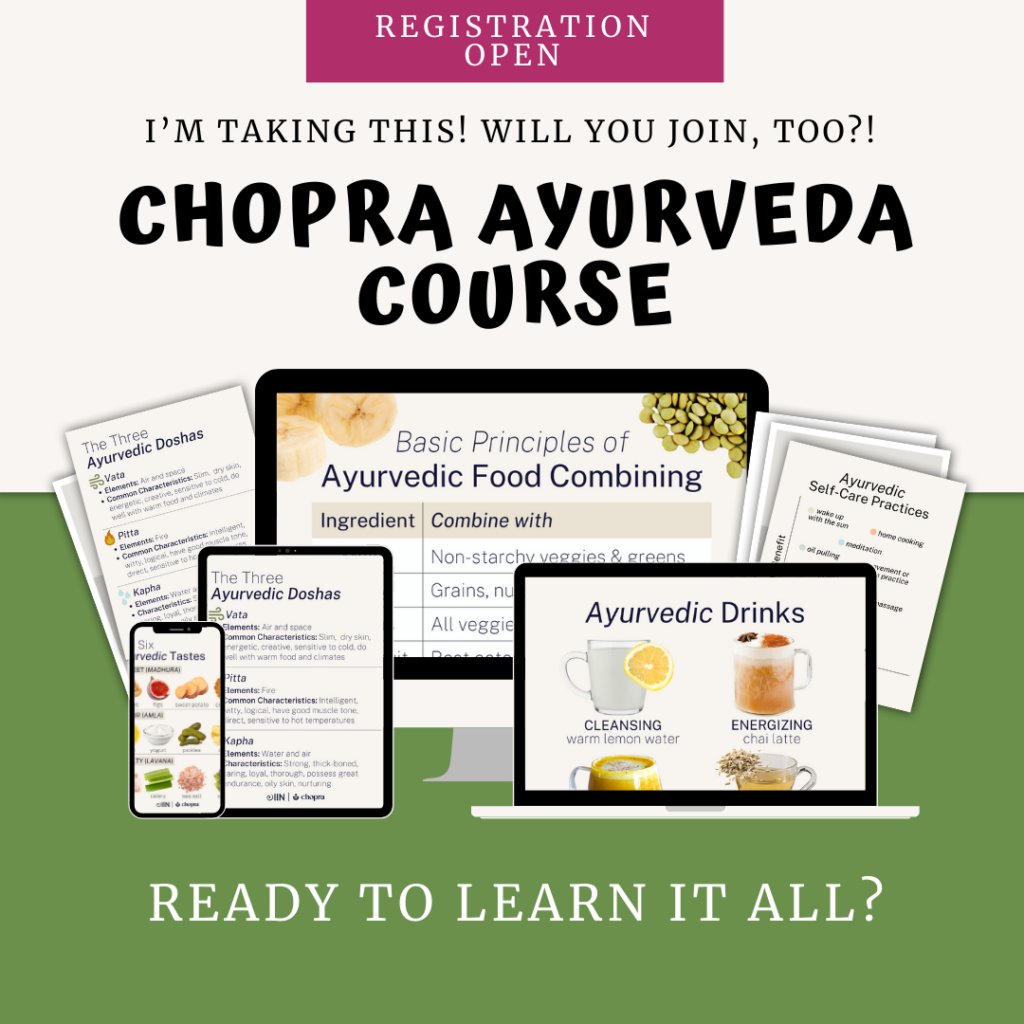
Ready to learn everything you can about Ayurveda? This course can elevate your lifestyle for healing!
Remember: you can save 25% off the program simply by using code AGUTSYGIRL at checkout
Yoga and Meditation for Inner Peace as You Navigate the Gut Healing Journey
When you’re feeling miserable, the one thing you desire is inner peace.
To quiet the thoughts.
And ease the symptoms.
Through yoga physical postures and different types of meditation, you can ease some of this burden.
The first time you try either you might think, “Nope. Doesn’t work. I’m not better.”
But that’s sort of the point with both yoga and meditation — they are practices for which we have to give time to.
In a world that’s obsessed with the quick fix for gut healing, I’m here to tell you that it doesn’t work like that.
You didn’t get sick overnight; you also won’t heal overnight
But if you form a regular practice of yoga and meditation and simply make them a way of life, you are likely to start seeing the benefits on a daily basis.
And the best part is that these are lasting benefits.
They are tools for your lifestyle toolbox that you can carry with you long after your healed.
The Full Ayurvedic Series
This article is part of my full Ayurvedic series.
In addition to the hundreds of articles and thousands of hours I’ve spent in the last decade devoted to all things gut health and gut healing, I am working on becoming a certified Ayurvedic practitioner, so that I am able to give my clients the best, most comprehensive guidance for healing – 100% on an personalized level.
If you’re interested in working 1-on-1 with me, you can sign up HERE today.
And here are all the previous articles on Ayurveda you can binge-read now:
- What is Ayurveda – [The Ultimate Beginner’s Guide]
- Ayurveda for Balance
- Ayurvedic Food List
- Mindful Movement Exercises
- Kitchari Cleanse Recipe [One Pot Kitchari]
Xox,
SKH
🤰 bloating be gone! weight loss through optimal gut health for women
💃ʜᴇᴀʟ ʏᴏᴜʀ ɢᴜᴛ. ʜᴇᴀʟ ʏᴏᴜʀ ʟɪfe.
🫶🏻 founder gutbyome.com



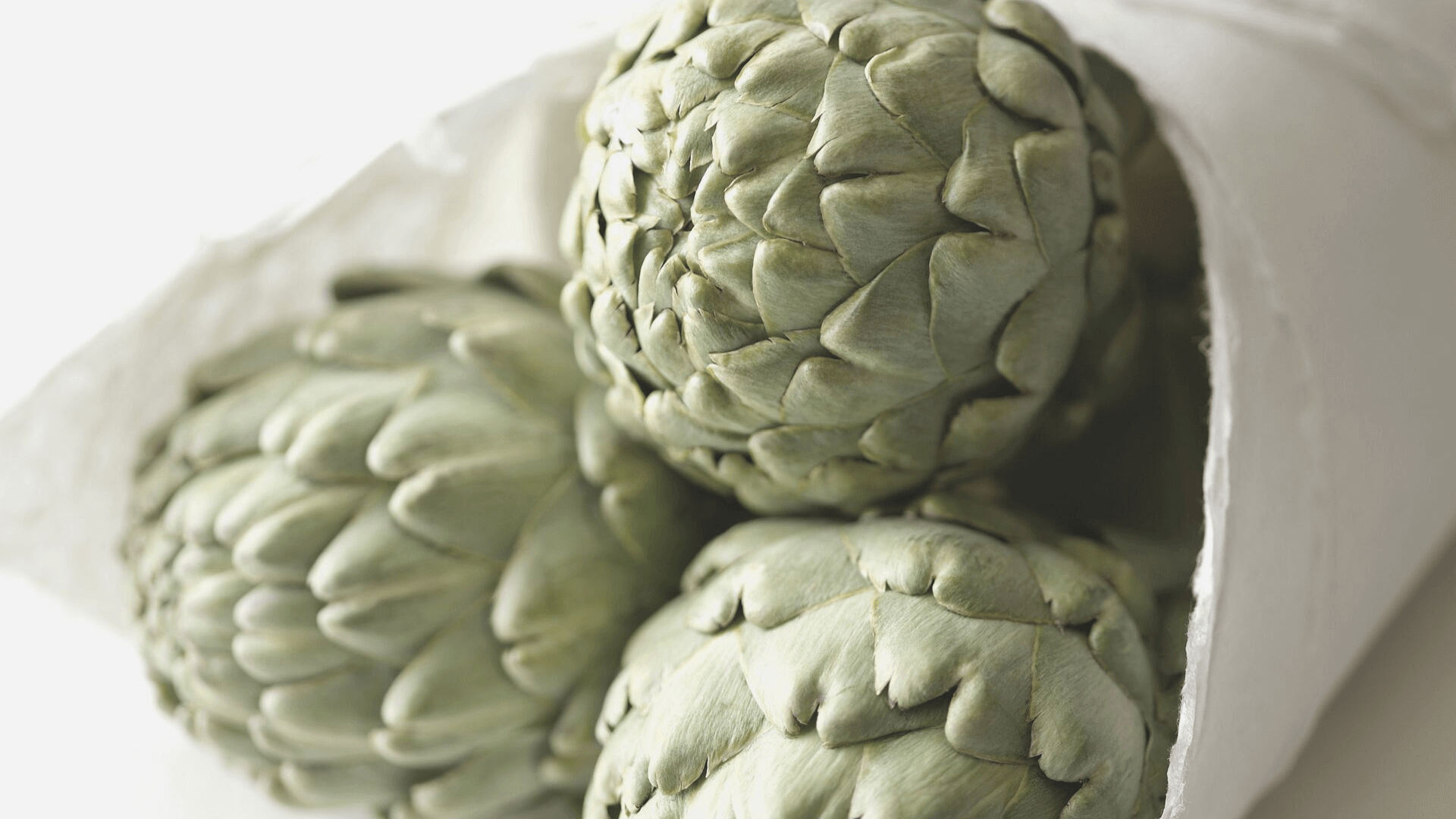

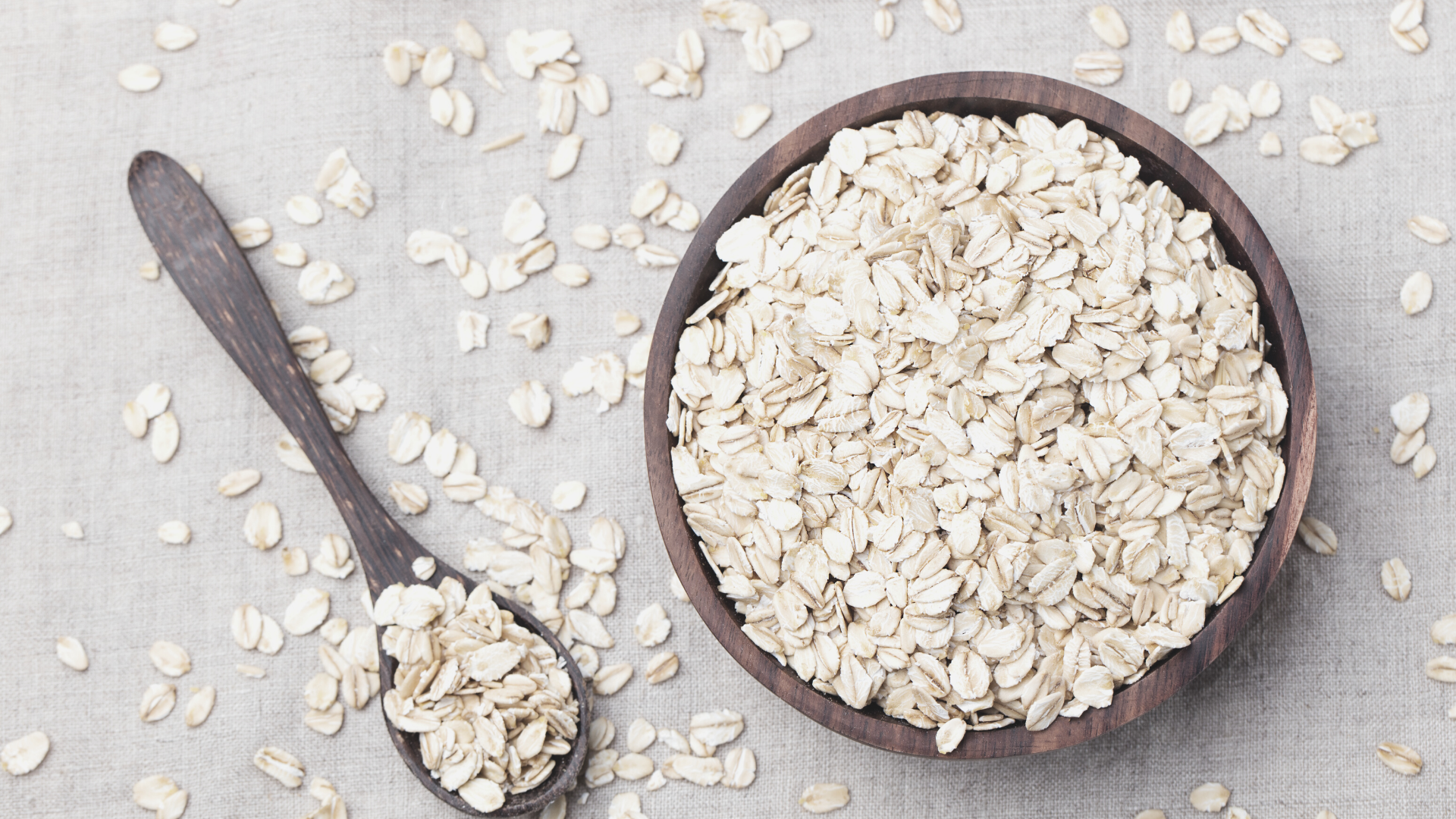
![Alternatives to Myfitnesspal [31 best alternatives in 2025]](https://agutsygirl.com/wp-content/uploads/2021/01/app-featured-agutsygirl.com_.png)